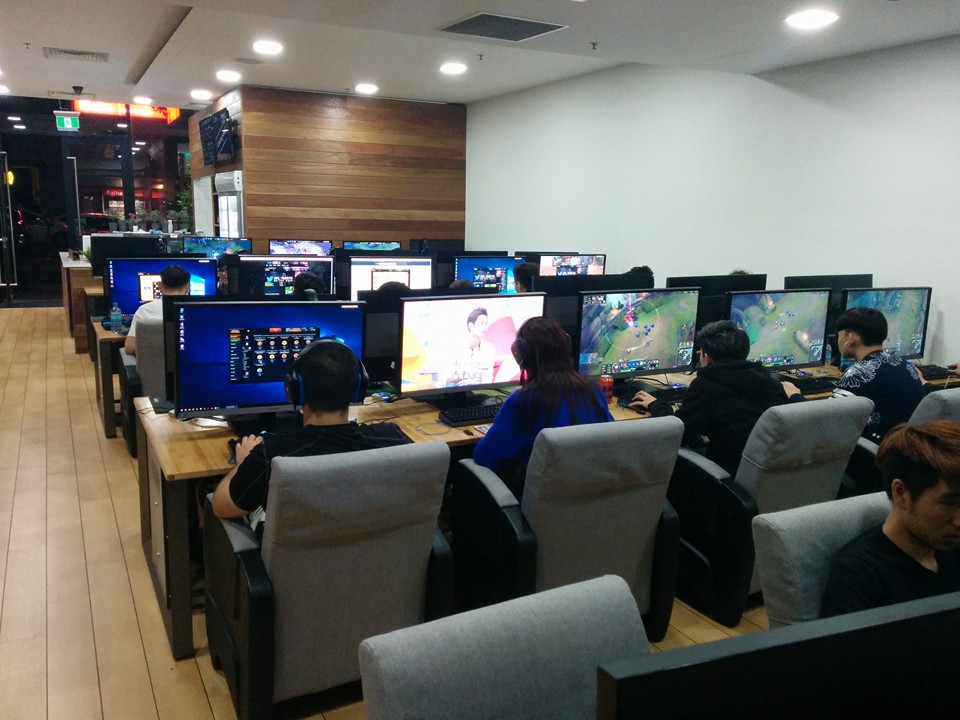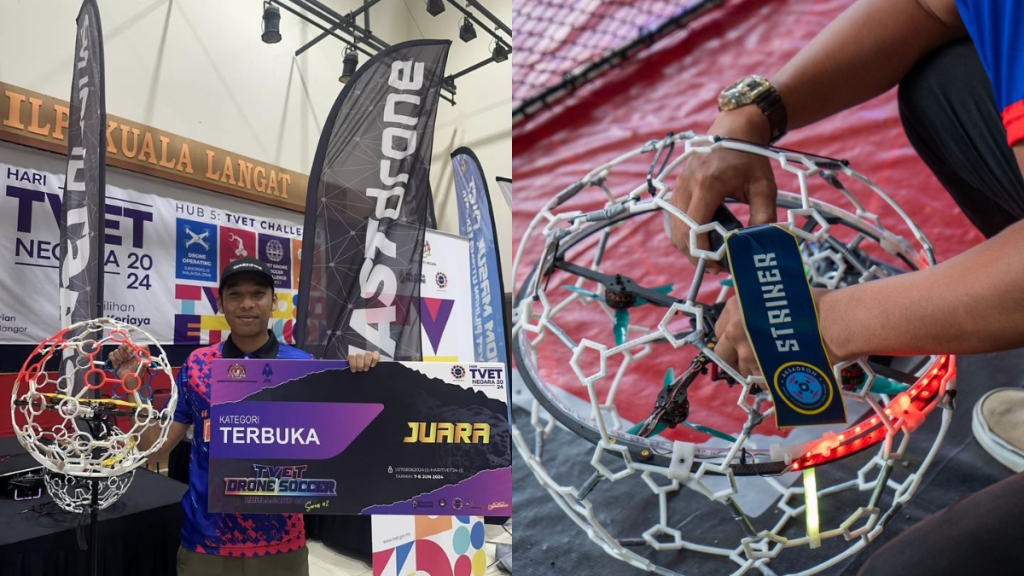- The Health Ministry is planning to implement policies that will control the internet addiction among teenagers and youth.
- The government will be studying how other countries such as China, Japan and South Korea limit internet usage for their youth.
Just this week, the Health Ministry announced that they are looking at introducing policies to control internet addiction among teenagers and youth by limiting their access to the internet after midnight.
“The ministry is seeing whether it can implement certain steps as seen in countries including Japan and [South] Korea, where those under 17 years of age are limited in using the Internet, usually from 12 am to 6 am every day,” said Deputy Health Minister Dr Lee Boon Chye.
He said it is important, as the National Health and Morbidity Survey 2017 had revealed that 34.9 percent of teenagers between the ages of 13 to 17 are addicted to the Internet.
Dr Lee revealed that as of 2017 there are 24.1 million Internet users in the country, with over 80 per cent of them accessing the web for social media purposes, with an average usage period of over four hours daily.
I’m sure most of us reading now can agree that we are part of the statistic.
However, it’s really up to debate on whether such policies will work on the youth today and which will work best. Since the minister quoted Japan and South Korea, we decided to take a look at how they, and others in the region, have implemented internet limitations on their youth.
1. Shutdown System
The shutdown system works by making game service providers block access to their online games between specific times in a day. It is currently being used in Thailand, Vietnam, South Korea and China.
Tencent Holdings—China’s biggest gaming and social media firm, which was also the first Asian company to top US$500 billion in value—also limits play time for young users of “Honour of Kings”.
The multiplayer online battle game has more than 200 million users (mostly in China) and is the top-grossing mobile game in the world. After complaints from parents and teachers that children were becoming addicted to the game, Tencent had to use a shutdown system to limit playtime for children.
How this works is that all gamers have to register using real names and identity card numbers, which will indicate if they are younger than 18.
All online games that run in China, including the Massive Multiplayer Online Role Player Games (MMORPG) operated by NASDAQ-listed companies such as Shanda, NetEase, The9 and other games like those run by Tencent, will have to abide by the rule.

Users below 12 years of age will be limited to one hour of play time each day, while those aged between 12 years and 18 years will be limited to two hours a day. However, some minors under 18 years or their legal guardians can make requests to service providers to provide access to gaming for certain hours.
Researchers found that if it was properly enforced, the shutdown system could indeed effectively control time spent gaming. However, it also had undesirable side effects. Namely, it significantly diminished the user experience, made gamers upset and unsatisfied, and as a result, they wanted to play more immediately after being forced to stop.
Theoretically, in Malaysia, this could be implemented across other apps, like social media or video viewing.
2. Fatigue System
For the fatigue system, it is more of a demotivating system where online game providers are obliged to monitor their users playtime and discourage underage users from playing for prolonged periods by cutting down in-game rewards.
The Fatigue System was made famous in Final Fantasy XIV. After a certain time of playing, players would have experienced a slower rate in gaining exp and skill points. However, this mechanism originally wasn’t meant to curb excessive gaming—it was to prevent excessive leveling as some players were leveling too quickly.
In China, for games under this system known as the “anti-online game addiction system”, the first 3 hours of play for each day is considered “healthy”, during which players will be awarded full points in the virtual world. The next 2 hours will yield only half the normal points and there will be no points after 5 hours.
After the 5-hour limit, every 15 minutes players will be subjected to the warning: “You have entered unhealthy game time, please go offline immediately to rest. If you do not, your health will be damaged and your points will be cut to zero.”
As opposed to the shutdown system, the fatigue system did not have detrimental effects on the user experience. However, instead of decreasing the time spent playing video games, it increased it in the short-term as players felt the need to play the full 3 hours everyday to get as much in-game rewards as possible.
3. Parental Controls
Most countries have parental controls for content. There are various features designed to allow parents to set controls for their children’s computer or gaming console use. Different options include:
- Content filters – limiting access to specific content such as having M (Mature for 17 years old or older) ratings
- Time limits – setting specific time limits that prevent logging on during specific times of the day
- Monitoring – tracking online activity when using the device

All of this is already available on most gaming devices, mobile phones and smart TVs. The use of parental controls is largely up to the parents or guardians themselves.
However, there is no evidence on the efficacy of such measures in helping keep internet access within limits and under control. And parental controls can be circumvented by kids who know their parents’ passwords, or figure them out or find them out too easily.
Final Thoughts
At the end of the day, perhaps the government does have a part to play in helping to curb internet addiction. However, the onus of care should still fall on parents, who are actually in the children’s lives daily.
If they were to implement any of these systems, I personally feel that the most effective would be the fatigue system as it discourages players. After all, they will begin to feel frustrated as there is no point to continue playing with EXP and in-game rewards will be drastically limited.
The youth themselves should also know their limits and know what is good or bad for them. Is limiting their access this way the best way to help them? Or does this mean they will never learn the discipline and self control it takes to put down the game and live “real” life?
Those are questions the government should consider before it strong-arms any limitations onto them.
Feature Image Credit: MC Internet Cafe Facebook














